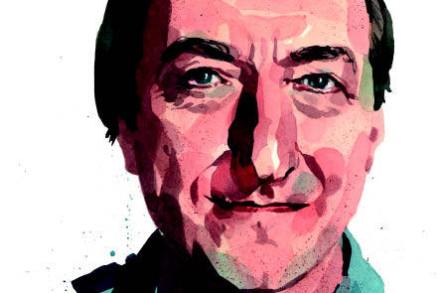Death Comes to Pemberley by P.D. James
The novels of Jane Austen have much in common with traditional detective fiction. It is an affinity that P. D. James has herself explored, notably in her essay ‘Emma Considered as a Detective Story’, which she included as an appendix to her memoir, Time to Be in Earnest. Both types of fiction operate within enclosed and carefully structured worlds; both depend for their plots on a threat to the established order; and both conclude with tidy resolutions that contain an implicit promise that a happy, orderly existence now lies ahead. Death Comes to Pemberley combines these two traditions in a whodunnit set mainly at Mr Darcy’s stately home in Derbyshire,




